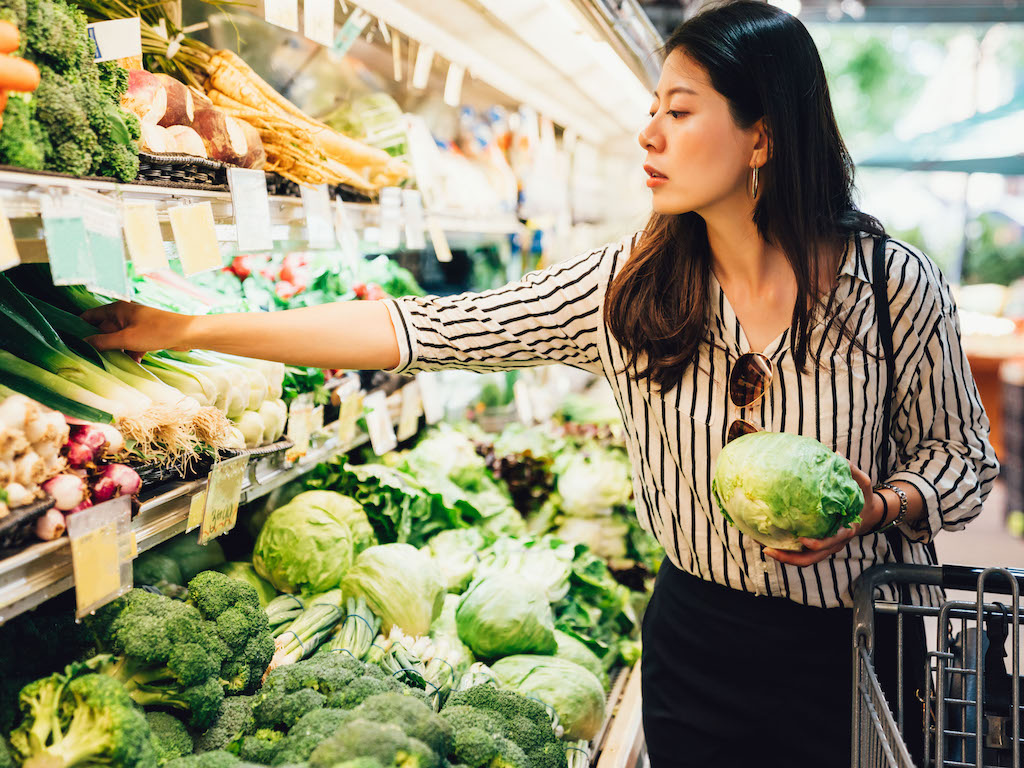3 Mins Read
It’s become pretty clear that consumer preferences have changed drastically over the past few years alone. We at Green Queen have highlighted before how millennials and Gen Zs are at the forefront of the movement. But we could be entering a brand new era of conscious consumerism, with this trend taking over the mainstream. A new report by Singapore-based vegan review platform abillionveg has provided data insights on how exactly consumers are becoming more aware of the impact of their purchases and what businesses should be looking out for if they want to retain customers. We’ve picked out some of the most interesting findings of the report below, from what consumers are now demanding from brands, to how this is plays into the plant-based industry.
Consumers are more environmentally and socially conscious, and aren’t afraid to use their wallet to pressure brands
“Consumers are getting bolder at holding businesses accountable to governance standards,” writes the abillionveg report. “Companies that fail to adapt to the needs and wants of the conscious consumer risk losing out on growth potential.” In particular, 73% of consumers around the world are now saying they’ll change their habits to reduce their environmental impact, while 57% are willing to boycott companies that don’t share the same ethical and social values.

Conscious consumerism is driving up demand for plant-based and driving down prices
As shoppers increasingly couple their consumption habits with their environmental and health impact, especially amid the coronavirus crisis, the demand for plant-based foods have surged. This has in turn led to lower prices, supported by companies’ efforts to scale-up production, reduce costs and make their products more affordable to the masses. On the whole, the report highlights that the “trend of perceived vegan affordability is consistent across markets”. While vegan dining experiences continue to be seen as more costly, in Italy, consumers indicated improved affordability for vegan dishes. Looking ahead, abillionveg’s analysts predict prices will get even lower in the next few years, which will “in turn spur further demand and create economies of scale for plant-based producers.”
Shoppers are asking brands to improve on sustainable packaging
In the era of the conscious consumer, people are not only in search for more plant-based food options, but more environmentally-friendly packaging too. Using topic modelling techniques, the abillionveg report found that more than 40% of consumers are calling for more plant-based products, and within this segment, nearly a quarter (21%) specifically expressed their wishes for packaging to be less wasteful. Price considerations, on the other hand, were lower down the line when it came to consumer dissatisfaction, further bolstering previous survey findings that show that consumers are willing to spend more on eco-conscious purchases.

Singapore, Argentina, Chile and Canada are among the most vocal consumer markets demanding for change
Shoppers in Singapore and Argentina were described in the report as the “most vocal in their demands for change”. More than half of Singaporean consumers, for example, reported strong beliefs that there is a role for businesses to prevent environmental damage, and 80% of them are willing to pay premium prices for those brands that are responsible. Similar trends are observed in Argentina, where environmental activism has grown in the past few years, as well as Chile and Canada, the report finds.
Lead image courtesy of Shutterstock.




